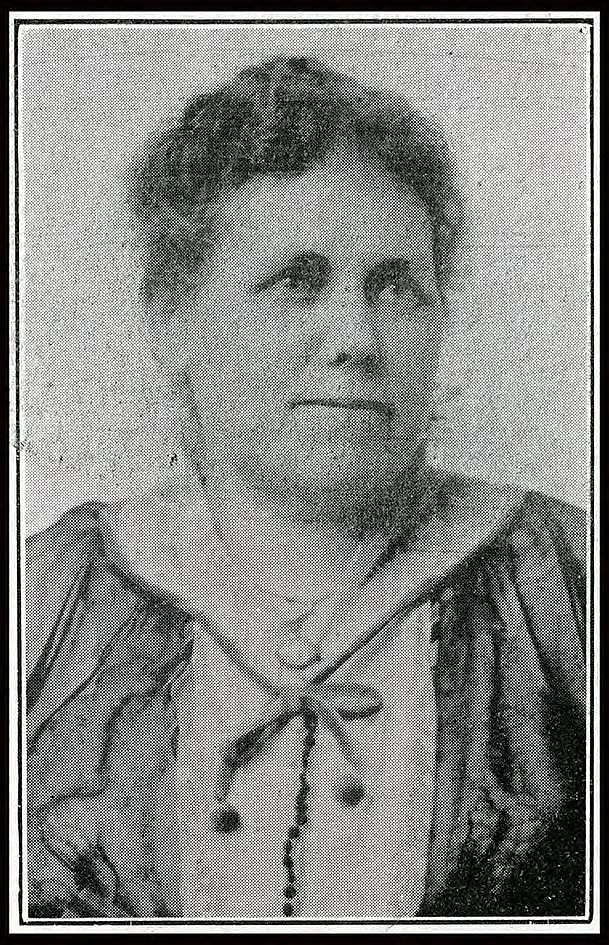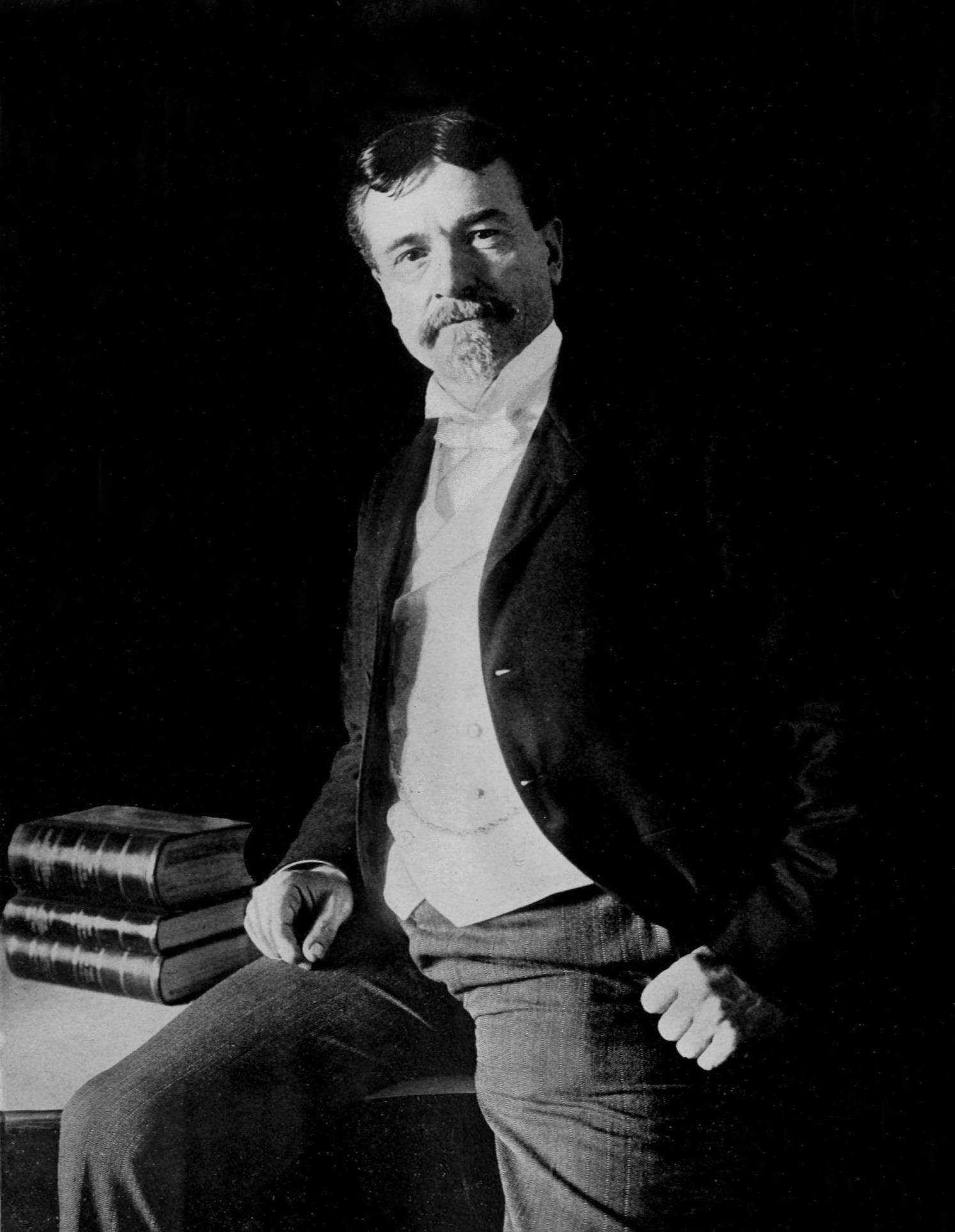Editor's note: This is the first in a three-part series on Chattanooga's preparation for the Great War.
Only 20 years after Chattanooga and the surrounding communities had witnessed military preparation for the Spanish-American War, the Navy ship Mars, armed with new elements of modern warfare, returned to Chattanooga as the nation prepared to join the Triple Entente in The Great War's fight against tyranny and oppression. But, as A.C. Ragsdale noted in a remembrance, "In 1898 the troops at Chickamauga were left pretty much to shift for themselves ... But it was different in 1917 and 1918. Besides the men in the camps, thousands of Chattanoogans - men, women and children - were engaged in war tasks. Everything possible was done for the comfort, the entertainment, the general welfare of the thousands of men who were concentrated at Fort Oglethorpe."
When President Woodrow Wilson addressed a joint session of the U.S. Congress on April 6, 1917, few local citizens were surprised by his request for a declaration of war against the Imperial German forces and their allies. Most had followed the series of events that had pushed the president from a position of neutrality in 1916 to an acknowledgement that the world had to be made "safe for democracy."
He and the American people could no longer ignore the dangers on the high seas, Germany's covert Zimmerman telegram encouraging Mexico to attack the United States, and the prolonged attacks and horrific deaths occurring on the Western Front. When the news reached Chattanooga that the "Yanks" were joining the fight, Chattanooga was "ablaze with patriotism. If any pacifists were left they apparently had disappeared."
A Committee of 100 was appointed during a citywide meeting in April, was chaired by Foster V. Brown and was charged with Chattanooga's public welfare and safety. Dr. J.W. Bachman spoke to the biblical admonition to fight evil, receiving a standing ovation. Col. Charles R. Evans, M.H. Whiteaker and Chattanooga Mayor Jesse M. Littleton took to the stage to recall the heritage of the nation, founded on the principles of liberty, equality and representative government, while echoing Bachman's call to arms. As the mayor finished speaking, the back doors of the meeting hall sprung open and 40 young men who had already begun training at the YMCA gymnasium, under the command of Capt. James M. McGaughey, marched into the room as the band played patriotic music. The crowd erupted with singing, shouting and tears.
The Welfare Committee began meeting almost daily as members considered the supplies necessary for the war, including trained recruits, food production and arms manufacturing. Committee leaders were chosen, including H. Clay Evans, C.M. Willingham, C.A. Lyerly, Mrs. Mary Giles Howard, Dr. T.S. McCallie, the Rev. W.T. Powell and W.E. Brock, and they began organizing Chattanooga's response. The University of Chattanooga faculty, many veterans of previous military service, began drilling students. African-American churches met together, and scores of young Black men volunteered for service.
Chattanooga's reaction to the announcement of war created some interesting side effects. On the first Sunday following the declaration of war, more than 25,000 people attended Sunday school, including "1,211 souls at First Baptist." As young couples contemplated being separated by military service, a Chattanooga Times article noted that "Cupid also heard the war alarm; there was a rush to be married. More than fifty licenses were granted in one day" at the Hamilton County Courthouse. Easter plans, including new dresses and hats, were replaced by a Women's War Relief gathering, and a new battle cry circled through the city's homes - "Don't waste your bread!" Vacant lots were cultivated for food, and flower beds were converted to cabbage patches. As wheat flour and sugar prices soared, cakes and pies no longer appeared on dining tables.
Not all the reactions were positive. Citizens became more aware of strangers, and one newspaper headline noted that a "prominent minister was accused of uttering disloyal statements, but he hastily denied the change." An Austrian visitor to the city was arrested on suspicion that he was "planning on blowing up the Southern Express Building." In a moment of patriotic frenzy at a meeting of the Grand Army of the Republic veterans, the group declared that "if any man pulled down the flag he was to be shot dead."
With the announcement that Fort Oglethorpe would once again be a major training ground for recruits, all eyes turned south as Chattanooga united for a fight.
Linda Moss Mines, the Chattanooga and Hamilton County historian, serves as the secretary of Chattanooga Area Veterans Council and regent, Chief John Ross Chapter, NSDAR.

